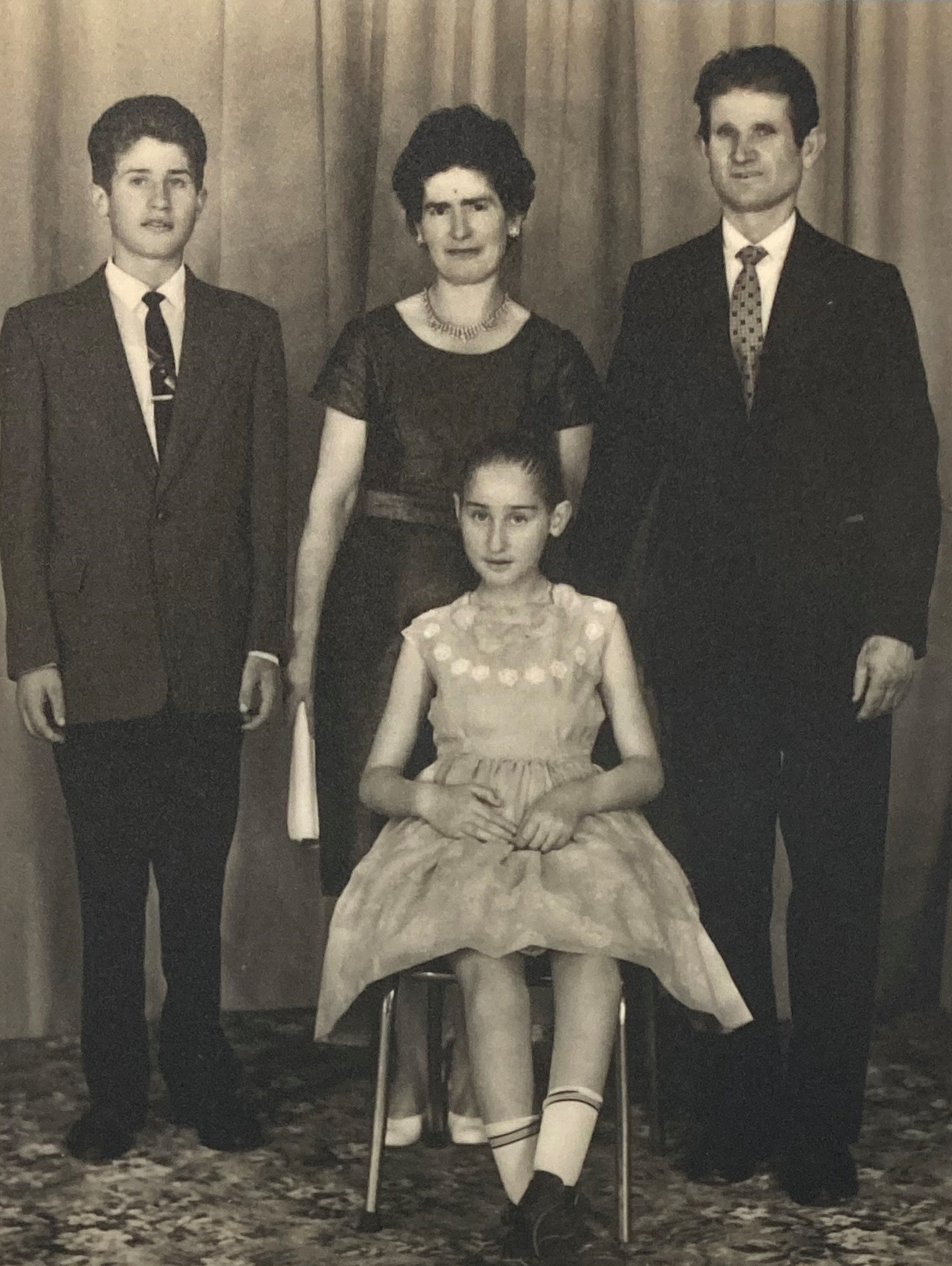About Us


Our Story
ADEC (Action on Disability within Ethnic Communities Inc.) began with a small group of passionate advocates determined to ensure that people with disabilities from diverse cultural backgrounds had a voice. What started as a grassroots movement in Victoria has grown into a leading not-for-profit organisation with compassionate staff who collectively speak over 33 languages and support thousands of clients each year.
Throughout our journey, ADEC has remained true to its founding purpose — to empower individuals from multicultural communities to live with dignity, independence, and inclusion. We continue to champion equality, celebrate diversity, and strengthen connections across cultures, ensuring that everyone has the opportunity to participate fully in community life.



Effie Meehan: A Legacy of Empowerment, ADEC’s Ongoing Mission
Effie Meehan, ADEC’s founder and Ambassador, transformed her experience as a young migrant with cerebral palsy into a lifelong mission to champion inclusion and equity. Her journey inspired ADEC’s founding vision—to ensure people with disability from culturally diverse backgrounds are understood, supported, and empowered.
Today, her legacy lives on through the stories of clients whose lives ADEC supports, where our advocacy and culturally responsive services help families navigate complex systems, access essential supports, and build independence with dignity. Effie’s impact lives in every life ADEC touches.


Why Choose ADEC?
At ADEC we celebrate diversity. We have bilingual staff that can speak over 33 different languages. We provide free translation services, so you know exactly what is happening when we assist you.
Our team is highly qualified and regularly trained. We are a compassionate group, committed to equality, and driven by making a positive impact. We understand the importance of cultural nuances and personal preferences for care.
ADEC has served the community for over 42 years as a not-for-profit. Today we service a very large number of ethnic communities with the widest range of support services.
We believe that everyone deserves to be treated with dignity and respect, and we work tirelessly to advocate for and create positive change in the disability and aged care sectors.
Our Locations
Postal Address
PO Box 40, South Morang, VIC 3752
Volunteering
ADEC provides support to people with disabilities, their carers and families from diverse cultural backgrounds.
Volunteering can be a truly rewarding experience
- You will make a difference in someone else’s life as well as your own.
- Volunteering will give you the opportunity to make new friends and to develop new skills.
- Working as a volunteer can improve your chances of entering further training or paid work.
- You may be able to strengthen your own cultural identity by sharing it with others.
It is easy to get started as an ADEC volunteer. Complete this form below to express your interest in volunteering and our recruitment team will contact you shortly.
For information about our current volunteer positions and opportunities please contact us on email: recruitment@adec.org.au







